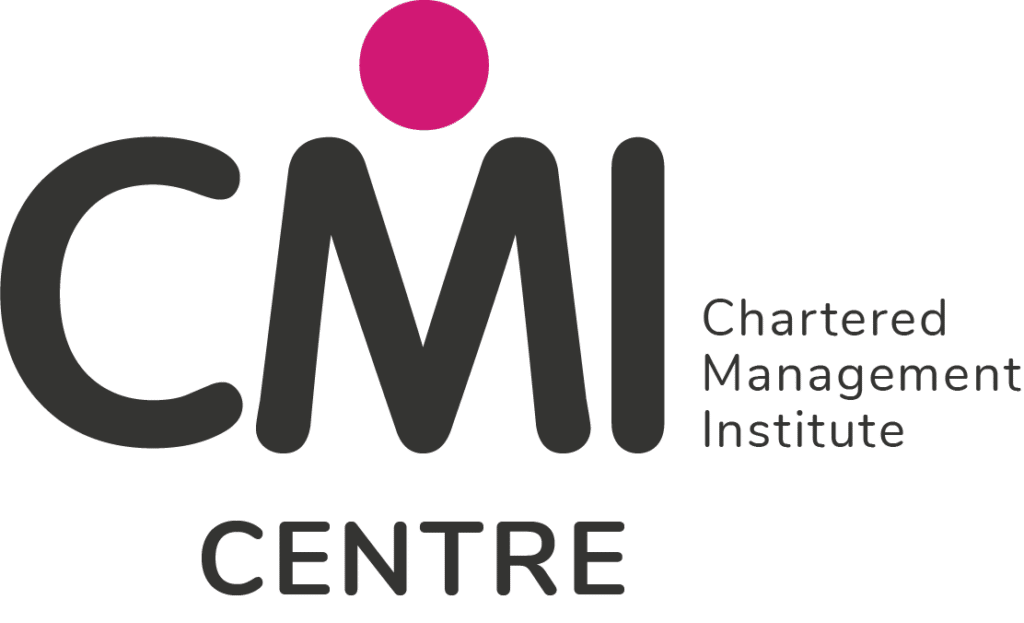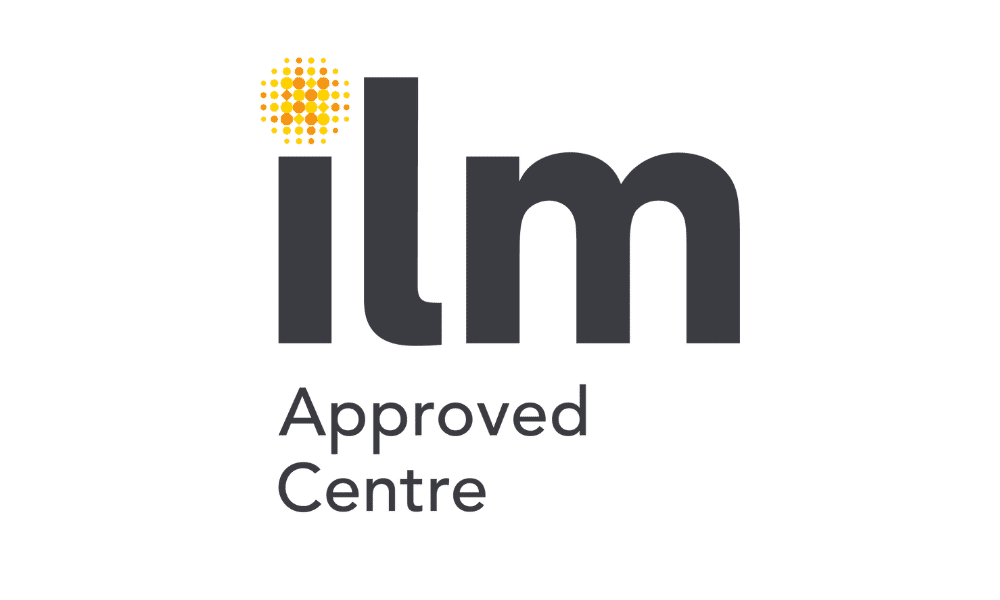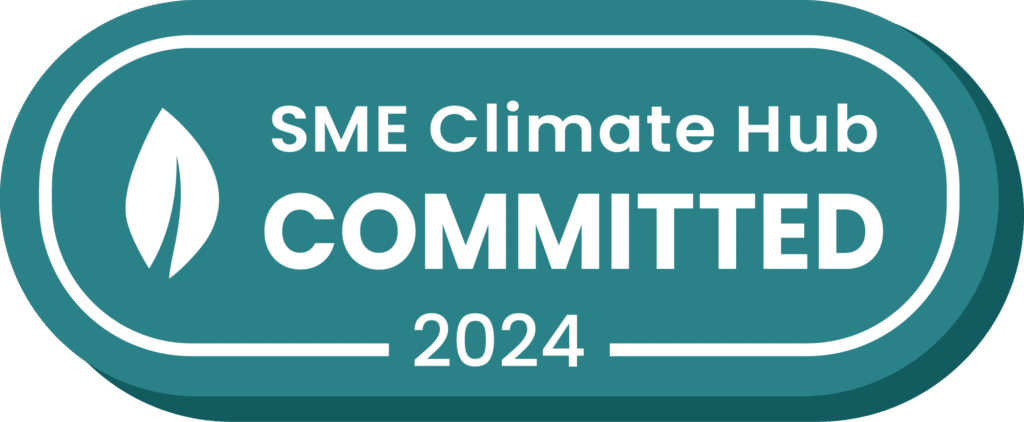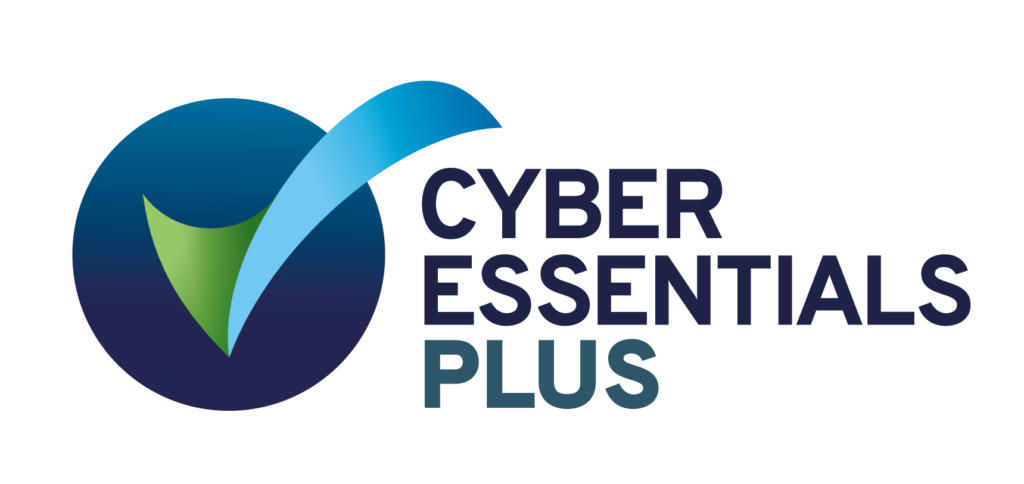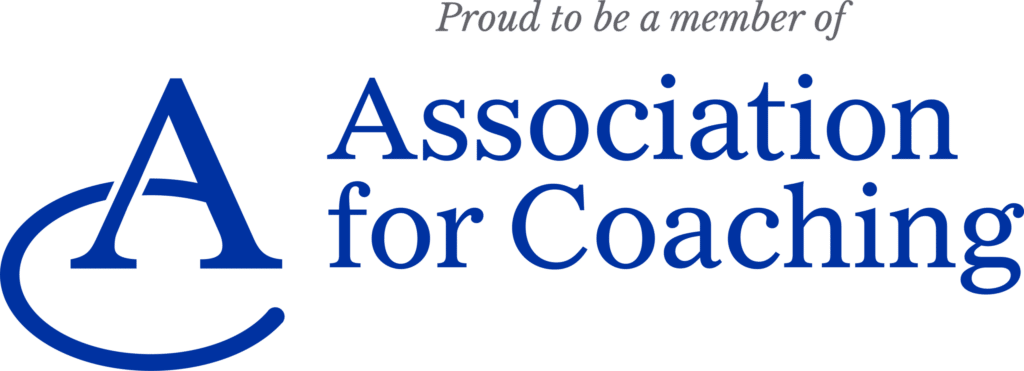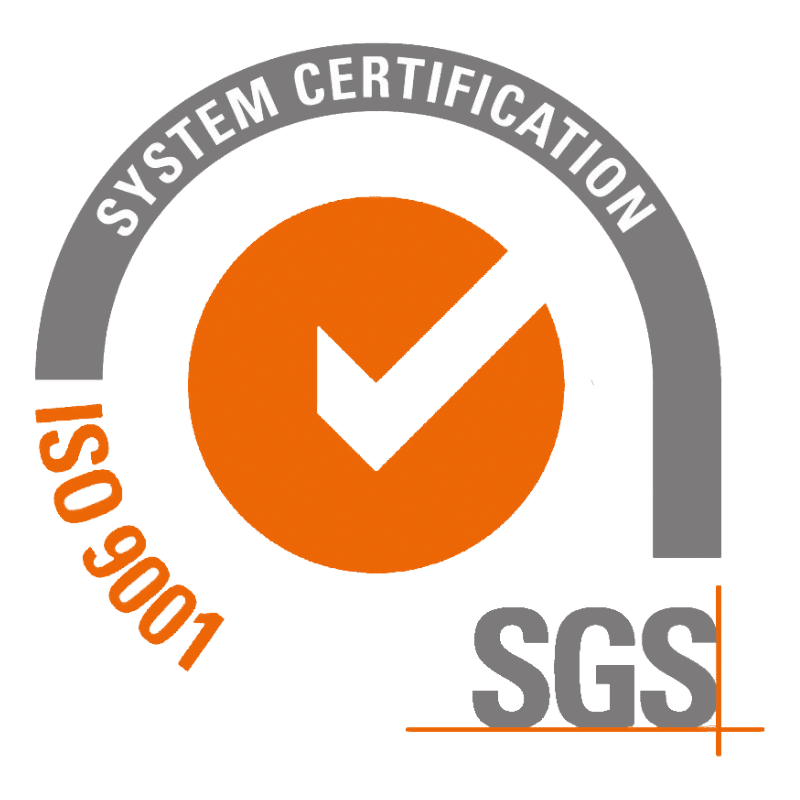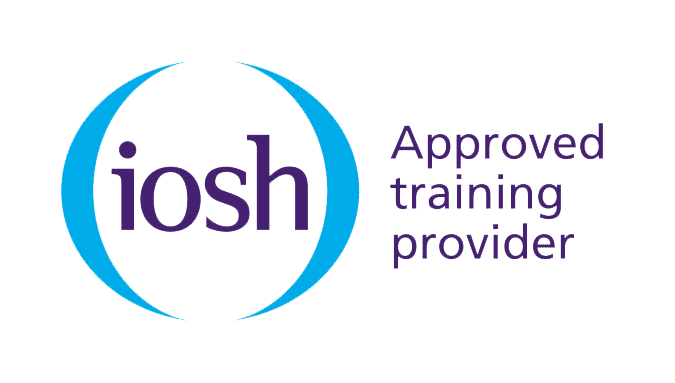New research by workspace scheduling software provider Condeco has confirmed what was already clear: hybrid and remote working arrangements are popular, and only getting more so.
Reflections from 1,500 workers surveyed suggested that hybrid staff were happier; more likely to recommend their organisation to others (important in a competitive job market); and were experiencing a better work/life balance. Over a third also reported that hybrid working was having a positive impact on their mental and physical health, compared with 11% who felt it had a negative effect. (1)
So, with the world of hybrid and remote working continuing to expand organically (i.e. driven by worker preference), what planning and preparation can HR and L&D departments do to make sure their workforces are equipped to succeed?

In the latest of our content series examining the skills and behaviours that will shape high quality remote/hybrid workforces, we are looking at the ability to build and maintain effective teams. This follows on from our explorations of emotional intelligence and communication in the same context.
The skills involved in building effective teams are, naturally, important for the leaders of (and managers within) remote/hybrid teams, but everyone should be aware of what contributes to the building of an effective team, whatever their level of responsibility. This is particularly important if they aspire towards leadership positions and could one day be leading a team of their own: these individuals may not be ready for formal leadership training, but ‘being a part of’ an effective team can be just as important a development topic as ‘building’ one.

Team building has always been important within organisations, and a focus of training and development accordingly. After all, almost all organisations work in teams, and teams that work well together, generally achieve better results. This is also true for teams that quickly tune in new members: building an effective team is often meant in the literal sense of piecing one together. In the world of hybrid work, where it might not be possible for a new starter to walk in and shake everyone’s hand on day one – this can require a different approach. An effective team is not just one fixed group of individuals that knows, trusts and works well with one another, but a flexible and agile operational resource.
Building teams in an organic way, that doesn’t feel artificial (trust fall, anyone?) is where the real challenge lies. A challenge which takes on interesting new elements in the contemporary workplace, when teams are seemingly more closely connected through technology than ever, but also working much more distantly: sometimes across countries and time zones.

So, in the modern environment of widespread remote and hybrid working, what knowledge, skills and behaviours are needed to build effective teams?

Delegation
A good team builder clearly and concisely lays out each team members responsibilities. They know when to give people more, and when they could benefit from a bit less. Done effectively, is about developing others, not shedding workload – meaning it’s vital to monitor progress of the delegated tasks and celebrate success, when appropriate.
For those without leadership responsibility, a proper understanding of delegation and its value can completely change their perception of it. They can see it as empowering when responsibilities are passed to them, and move away from the negative framing of ‘doing someone else’s work for them’. Effective teams contain at least some members for whom more responsibility is an exciting prospect and a better understanding of delegation is key to this.
Motivation
Within a virtual team, it isn’t enough to set goals and hope that everyone strives towards them just because they are there. Effective team builders must be adept at motivating everyone with SMART objectives and interesting incentives, as well as providing inspiration around the organisation’s values.

The latter point is taking on more and more importance in the modern workplace. Alongside a preference for flexible working arrangements, modern workers are increasingly prioritising organisations that align themselves to a set of values, have a positive impact on the wider world and operate with integrity. In other words, they are increasingly looking at the bigger picture, and want to work for an organisation that does too.

Problem Solving
Another skill with wide-ranging value, this doesn’t mean solving team members’ problems for them, but diagnosing and solving problems in team performance. These may be interpersonal or intra-organisational and therefore faced by the team as a whole.
Leaders must be able to achieve consensus, brainstorm, negotiate and mediate.
What benefits can good team building bring about?
The impacts are varied and powerful, including enhanced trust – meaning better collaboration and more bravery with ideas, improved communication, better/faster conflict resolution and the unlocking of hidden skills. In the supportive environment of an effective team, individuals will shed their inhibitions and show more of themselves and their talents.
Eliesha can support your workforce with many of the skills listed above, or provide a workshop that focuses on team building as a whole. This can have a focus on the remote working environment or not, and be delivered face-to-face or in an engaging virtual learning environment.
To find out more about any of our engaging learning and development services, place an enquiry here.
